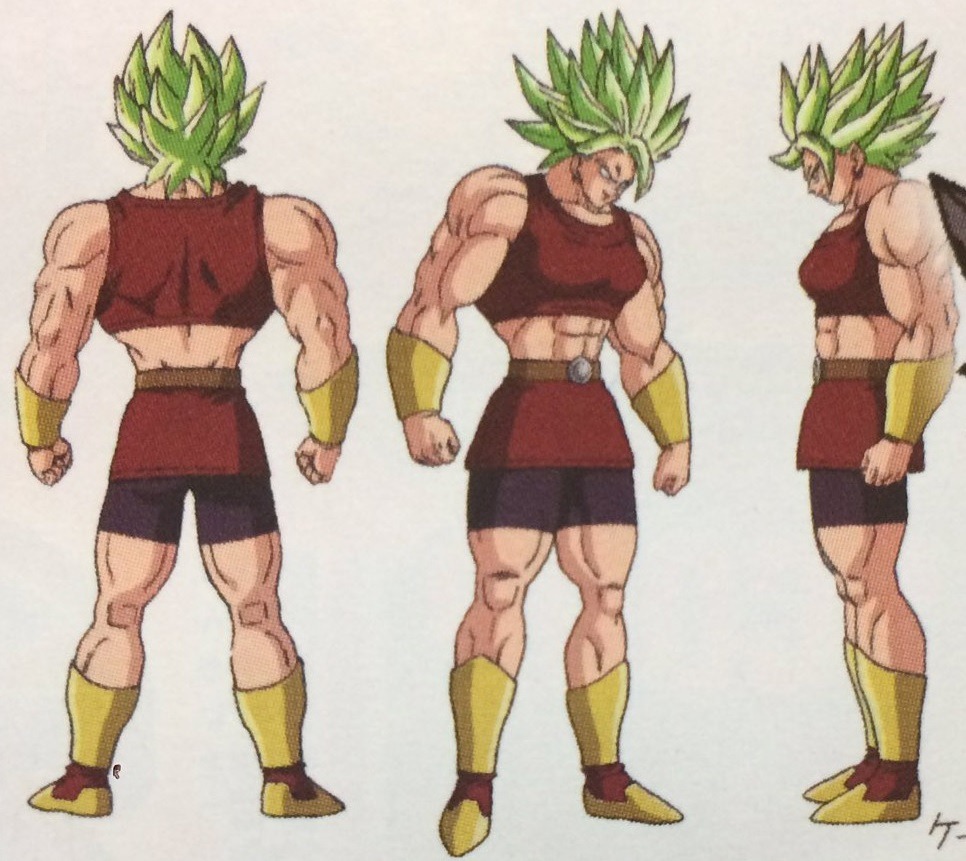
If a player spammed the same move too many times in a combo, a small icon of a wedge of cheese would appear at the top of the screen and the player’s combo would drop.įollowing Primal Rage, similar features were added to a flurry of other fighting games including Street Fighter Alpha 2 (1996), Marvel vs Capcom (1996), and Darkstalkers 3 (1997). AtariĪtari added a “No Cheese” feature to its completely unhinged 1994 fighting game Primal Rage to prevent dishonorable play. 'Primal Rage' had a "No Cheese" feature that wouldn't let players spam the same move too many times. That makes cheesing a gimmick that certain games have tried to prevent.
Gaming lingo how to#
Usenet user Caine Schneider put it best in a 1993 post, cheesy gameplay is “easy to execute and impossible to counter as your skills improve, your definition of cheap may.change.”Ĭheesy strategies are almost always shallow tactics in higher levels of play, meaning experienced players know how to thwart them.

This is sometimes referred to as an “ infinite combo,” but the catch is that cheesy combos can be executed effortlessly and opponents need to react in a very specific way to counteract them.

For example: spamming the same move repeatedly and locking your opponent in place. It was here that Rauser and his fellow Street Fighter fans established “cheesing” or using “cheese strategies” as dishonorable because all of these tactics are disproportionately powerful compared to the level of skill required to execute them. For example, some people consider the Ken fireball, fireball, dragon punch combo to be cheese because it can be next to impossible to get out of it.” “Cheese" is a term used to refer to anything cheap, unfair, or something that is easy to do, does much damage, and requires no skill. Richard John Rauser defined the term after another user asked why fans would call SF2’s M. One of the earliest online uses of the word was posted on virtual bulletin board Usenet in 1992. Top players learned how to abuse the most powerful characters in the game to obliterate the competition, and the concept of video game“cheese” was born. Street Fighter II is widely considered to have popularized one-versus-one, tournament-level video game competitions. It went from dimly lit arcades to the Super Nintendo Entertainment System in 1992, which introduced the game to a new generation of at-home gamers and sold 6.3 million cartridges to become Capcom’s best-selling title. The 1991 Capcom fighting game followed the success of the original 1987 arcade cabinet that quickly developed a dedicated community of fans obsessed with its intense, one-on-one showdowns. Nearly a century later, it became popular among the Street Fighter II community.

The word “cheesy” gained traction as a way to describe something as being cheap or inferior in the U.S. The early gaming community around 'Street Fighter 2' are credited with popularizing "cheesing." Capcom The Origins of Cheese


 0 kommentar(er)
0 kommentar(er)
